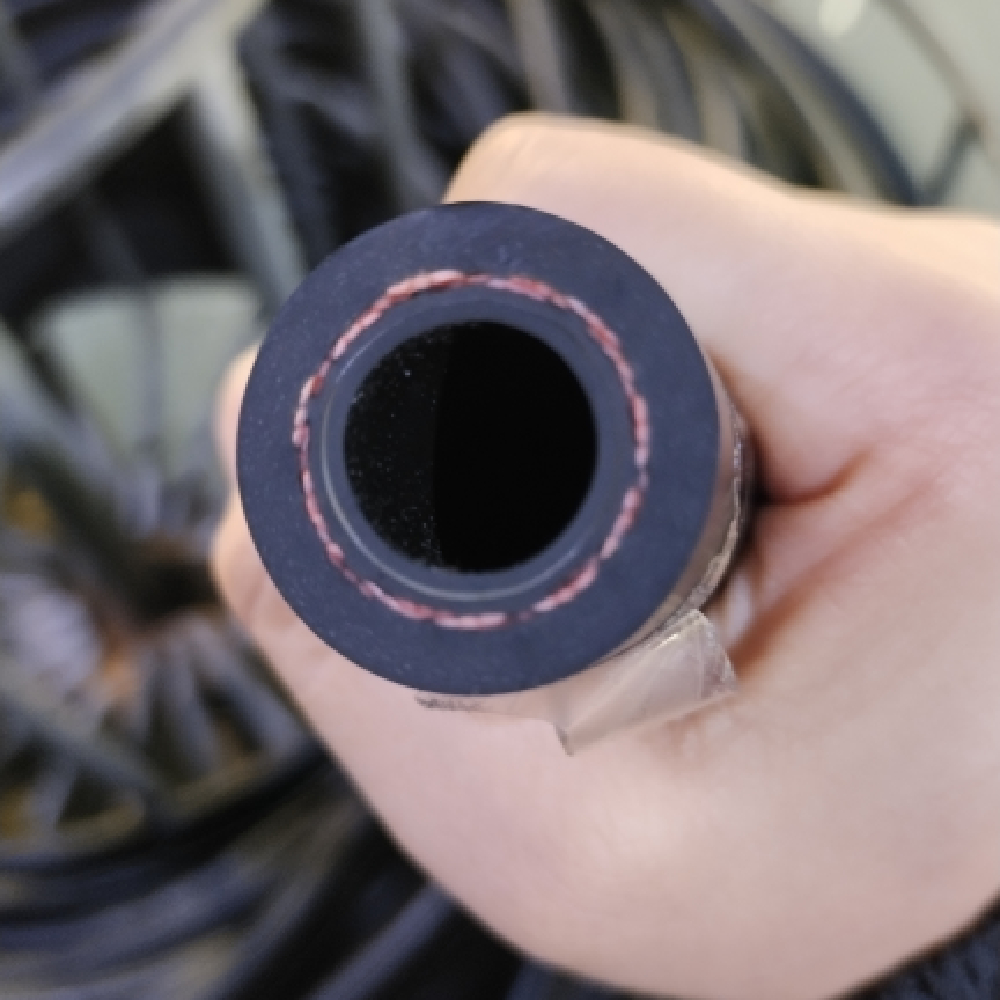heater pipe
ನವೆಂ . 20, 2024 12:00 Back to list
heater pipe
Understanding Heater Pipes An Essential Component in Heating Systems
Heater pipes are a crucial component in various heating systems, playing a pivotal role in the efficiency and functionality of both residential and industrial applications. These pipes are designed to transport heated fluids or gases from one location to another, ensuring that spaces are warmed effectively. In this article, we will explore the different types of heater pipes, their applications, materials used, benefits, and considerations when choosing the right one for your heating system.
Types of Heater Pipes
Heater pipes can be categorized into several types based on their design and application. The most common types include
1. Hot Water Pipes These are typically used in hydronic heating systems, where hot water is circulated through pipes to radiators or underfloor heating systems. The water is heated by a boiler or a heat pump and then distributed throughout the building.
2. Steam Pipes Used in steam heating systems, these pipes transport steam from a central boiler to various heating units. Steam pipes operate at higher temperatures and pressures, making them suitable for large commercial and industrial settings.
3. Heat Exchanger Pipes These pipes facilitate heat transfer between two or more fluids without mixing them. They are commonly used in applications such as refrigeration, air conditioning, and in various industrial processes.
4. Ducts for Radiant Heating Systems Materials like copper or PEX tubing are often used in radiant heating systems, where the pipes are embedded in floors, walls, or ceilings to provide even heating.
Materials Used
The choice of material for heater pipes is vital as it affects durability, efficiency, and resistance to corrosion. Common materials include
- Copper Known for its excellent thermal conductivity, copper pipes are widely used in hot water systems and heat exchangers due to their durability and resistance to corrosion.
- PEX (Cross-Linked Polyethylene) This flexible plastic material is increasingly popular for residential heating systems. PEX pipes are resistant to scale and chlorine, do not corrode, and can be installed easily.
- Steel Often used in steam pipes and industrial applications, steel pipes can withstand high pressures and temperatures. However, they require proper insulation to prevent heat loss and corrosion.
- PVC and CPVC While primarily used for cold water applications, these materials can be found in some heating systems that do not exceed a certain temperature threshold.
heater pipe

Benefits of Using Heater Pipes
Investing in quality heater pipes offers several advantages
1. Efficiency Properly designed and installed heater pipes enhance the efficiency of heating systems, helping to reduce energy consumption and lower utility bills.
2. Durability High-quality materials ensure long-lasting performance, reducing the need for frequent repairs or replacements.
3. Flexibility in Design Heater pipes can be designed to fit various architectural layouts, allowing for more flexible heating solutions in buildings.
4. Reduced Noise Levels Insulated pipes can minimize noise associated with the flow of heated fluids, creating a quieter indoor environment.
Considerations When Choosing Heater Pipes
Selecting the right heater pipes involves several factors
- Temperature and Pressure Ratings Ensure that the pipes can handle the specific temperature and pressure requirements of your heating system.
- Local Codes and Regulations Always check building codes and regulations to ensure compliance and safety.
- Insulation Needs Consider the need for pipe insulation to improve energy efficiency and prevent heat loss.
- Cost vs. Quality While budget is important, investing in higher-quality materials may save you money in the long run through reduced maintenance and energy costs.
In conclusion, heater pipes are indispensable in modern heating systems, providing a means to transport heated fluids and gases effectively. Understanding their types, materials, benefits, and key considerations can help homeowners and businesses make informed decisions that enhance their heating efficiency and comfort. Whether for a residential space or an industrial application, selecting the right heater pipes is essential for long-term performance and satisfaction.
Latest news
-
Air Conditioning Charging Hose: Durable AC Recharge Kits
NewsAug.22,2025
-
Premium 4890 AC Hose | Durable & Perfect Fit Replacement
NewsAug.21,2025
-
High-Quality AC Hose: Compressor to Evaporator for Car
NewsAug.19,2025
-
Glass Storage Jar with Acacia Vacuum Vented Cover - HEBEI KEMO|Thermal Resistance, Food-Grade Safety, Eco-Friendly
NewsAug.18,2025
-
Glass Storage Jar with Acacia Lid - Hebei Kemao | Heat-Resistant, Eco-Friendly
NewsAug.18,2025
-
Glass Storage Jar with Acacia Vacuum Vented Cover - HEBEI KEMO|Thermal Resistance,Eco-Friendly Storage
NewsAug.18,2025
